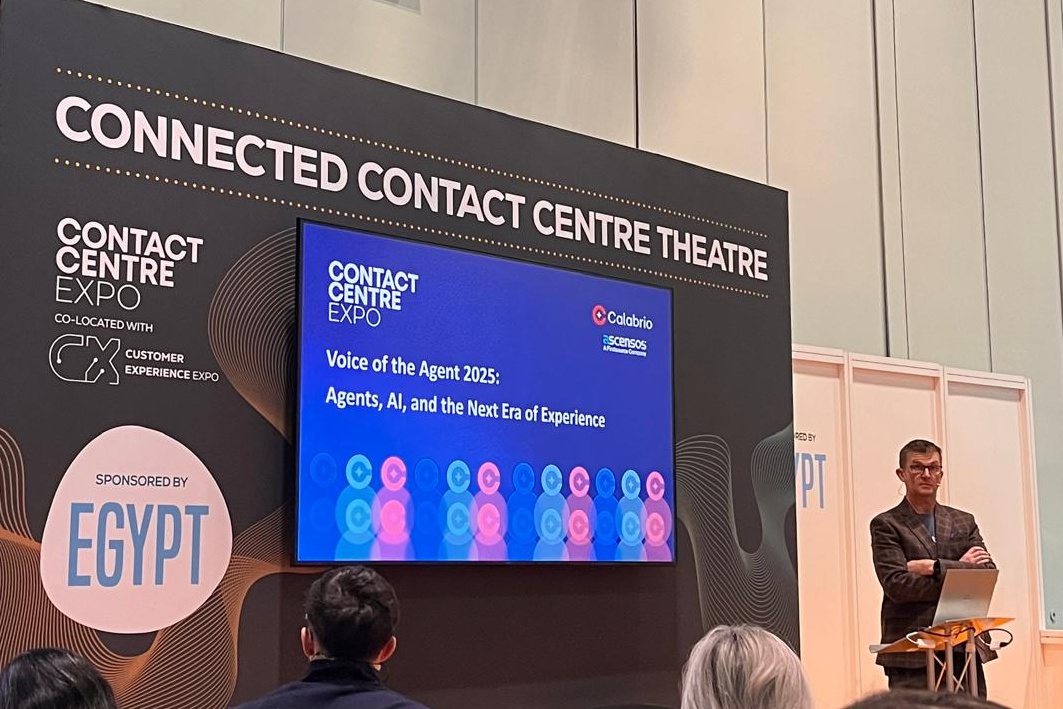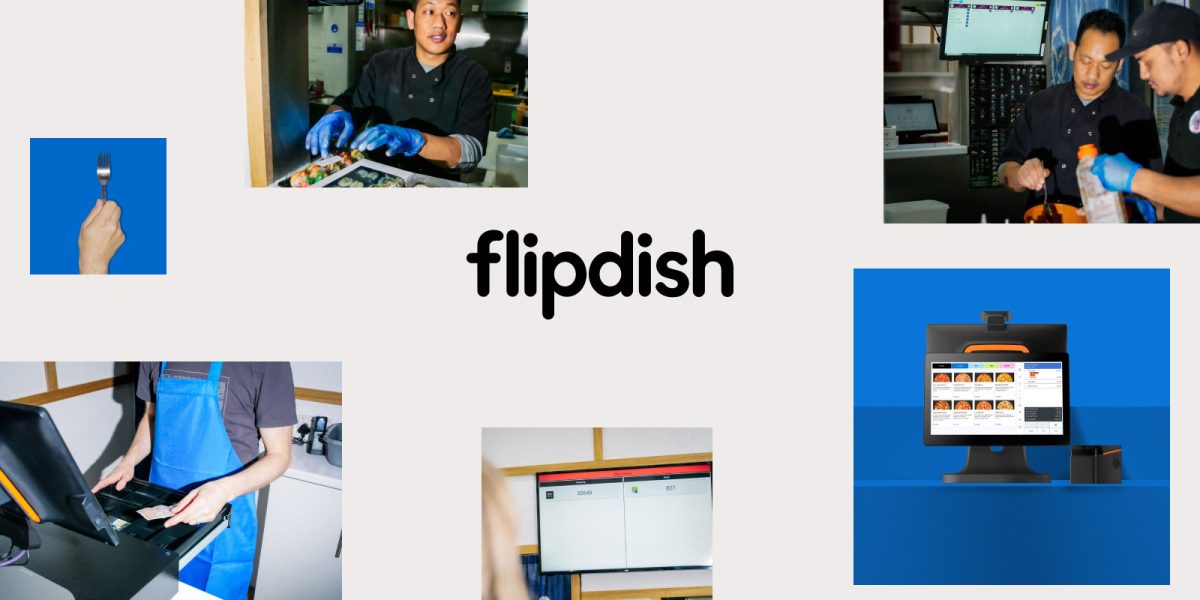Tag: Artificial Intelligence

Over 8,000 Breaches Show Cybersecurity Struggling to Contain AI Risk
More than 8,000 global data breaches in the first half of 2025, exposing an estimated 345 million records, are not only a security headline but a customer experience warning signal. Experian’s newly released 2026 Data Breach Industry Forecast reveals that...

Jo Malone London Tests AI in Digital Fragrance Consultations
Buying fragrance online has long been one of retail’s hardest experience problems to solve. Without scent strips, samples or face-to-face consultation, consumers are often left guessing, especially first-time buyers unsure how to translate emotion or personal taste into a bottle...

The AI Satisfaction Illusion: Leadership vs Reality
Most companies deploying conversational AI seem convinced they’ve cracked the customer experience puzzle. Internally, the story looks reassuring. Containment rates are up, response times are down, and automation volumes keep rising. Twilio’s latest global research shows 90% of business leaders...

AWS Takes Aim at Healthcare’s Scheduling Chaos with Agentic AI
Amazon Web Services (AWS) has introduced a preview of new agentic AI capabilities in Amazon Connect aimed squarely at one of healthcare’s most persistent CX problems, which is appointment scheduling. According to figures referenced by AWS, 89% of patients say difficulties...

AI Arrived in Retail. Did Better CX Come With It?
AI in retail arrived at full speed. Shoppers now use AI to research products, compare prices, browse reviews and hunt deals, yet a simple question still hangs in the air: has any of this actually made shopping better? New UK research...

Calabrio: Agents Are Carrying More Than Ever, Leaders Need to Step Up
The pressure on contact centre teams has grown significantly in recent years. Customer issues are more complex, expectations are higher, and AI is transforming day-to-day work faster than many organisations can support. This context framed Calabrio’s session at the Contact...

This Week in CX: Insight That Could Change Your 2026 Plans
Happy Friday! ‘This week in CX’ brings you the latest roundup of industry news. This week, we explored how London Luton Airport is expanding career pathways for the next generation, examined the growing concerns around an AI bubble and its impact on...

GoHealth and Second Nature: The AI Partnership That Cut Employee Training Time in Half
At this year’s Contact Centre Expo, co-located with Customer Experience Expo UK in London, GoHealth’s Senior Vice President of Talent Operations, Jay Fortuna, described a transformation inside a business where precision, empathy, and regulatory compliance are non-negotiable. GoHealth, a major Medicare...

Flipdish Turns the Phone Into a Profit Engine With Its New AI Agent
Restaurants know the phone can be both a lifeline and a bottleneck. Orders, questions, last-minute changes and customer requests all come through the same line. When staff are stretched, calls frequently go unanswered, and those missed moments translate directly into...

AI Is Resetting the Role of Research Inside Modern Organisations, Survey Reveals
Market research is entering a phase where influence inside organisations is no longer earned through tenure, experience, or process discipline. According to Qualtrics’ new 2026 Market Research Trends report, the real dividing line is whether teams have moved beyond basic...
